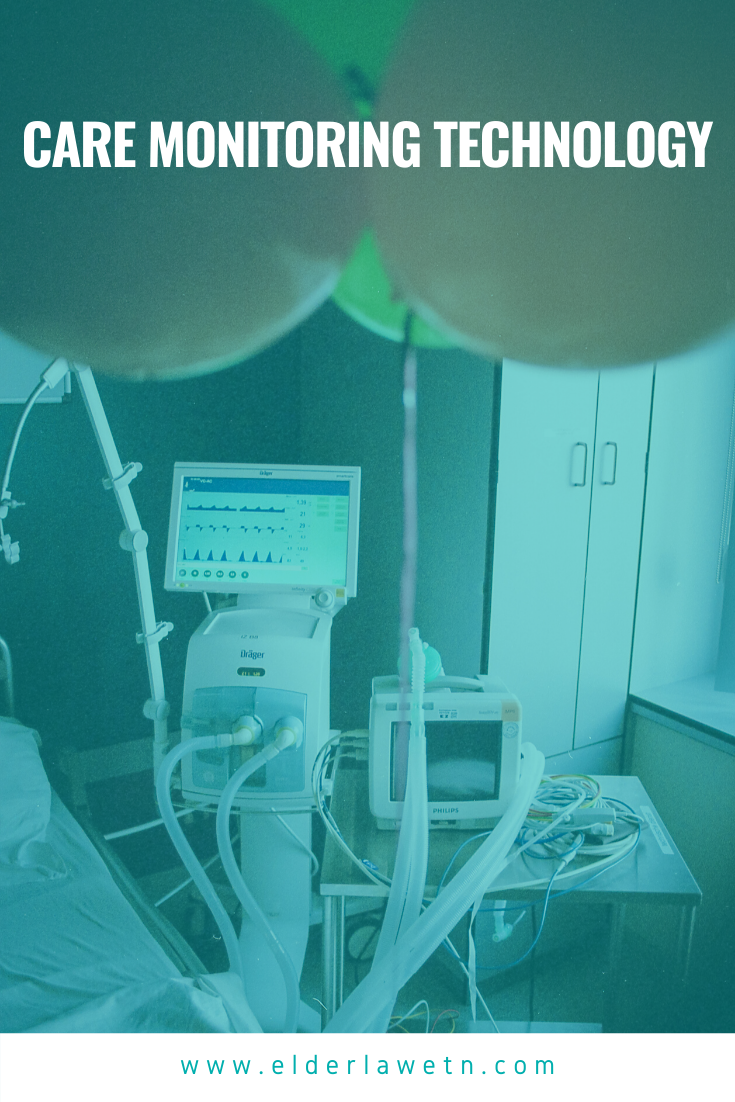 Determining what kind of care an older loved one needs and when it is needed is a major struggle for those moving into a caregiving role. The older adult’s values and needs may be at odds with the adult child’s genuine desire to shore up safety and care. If the older adult resides outside their own home, say in an assisted living or in a long-term care facility, institutional resistance may be encountered. Deciding how to balance competing interests and knowing one’s right to independently monitor care in any institutional setting are significant challenges.
Determining what kind of care an older loved one needs and when it is needed is a major struggle for those moving into a caregiving role. The older adult’s values and needs may be at odds with the adult child’s genuine desire to shore up safety and care. If the older adult resides outside their own home, say in an assisted living or in a long-term care facility, institutional resistance may be encountered. Deciding how to balance competing interests and knowing one’s right to independently monitor care in any institutional setting are significant challenges.
Almost without exception, if an older adult is asked, they will say that they want to age in place. That is, ideally they want to remain in their own home until they pass away. Families who engage in open conversation about these matters can find ways to honor the older adult’s desires, address privacy concerns, and still ensure that care needs are met. Monitoring technologies such as GrandCare can make aging in place more realistic. Families are able to closely monitor their loved ones’ in-home real-time functioning. Being able to easily communicate, share photos, and keep tabs on mobility, vital signs, medications, and meals are just a few of the benefits.
But what about the private use of monitoring technology for loved ones residing in an assisted living or long-term care facility? Privacy issues broaden in those settings. Clandestine monitoring could infringe on staff or other visitors’ right to be informed that their words or actions are being recorded. Families of Elder Law of East Tennessee clients worry about the quality of care their loved ones receive when care in the home is no longer possible. We recommend that our families are open with facilities about their desires to monitor care so that visitors and staff can be properly informed. At the same time we tell families that facilities may be reluctant to permit monitoring due to privacy concerns for other staff or residents and perhaps for fear of being “caught” in some care oversight or mistake. Advocacy regarding all aspects of client care is a key component of an Elder Law of East Tennessee Life Care Plan. We will work closely with families and facilities to come to a mutually satisfactory agreement in regard to the use of monitoring equipment.

While the right to install monitoring devices in institutional care settings has not been codified in Tennessee, we are pleased to share that Oklahoma has recently enacted the Protect Our Loved Ones Act. Now that a precedent has been established, we can look forward to monitoring technology becoming a widely used tool to ensure what we are all after: independence for as long as possible and excellent care regardless of where the care is given and who is giving it.

